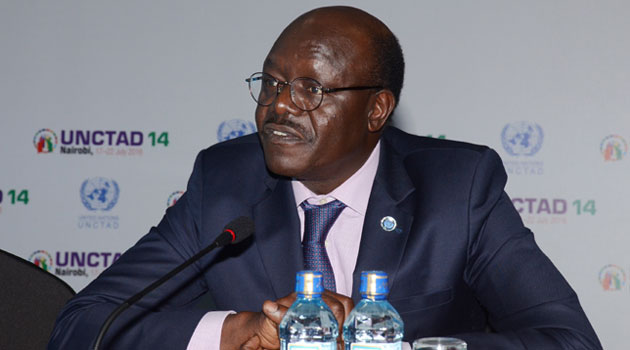The AfCFTA will be governed by five operational instruments: the Rules of Origin; the online negotiating forum; the monitoring and elimination of non-tariff barriers; a digital payments system and the African Trade Observatory. Each one was launched by different Heads of State and Government that included President Cyril Ramaphosa of South Africa, President Abdel Fattah El Sisi of Egypt who is current Chairperson of the AU; Mr. Moussa Faki Makamat, the Chairperson of the African Union Commission; and President Mahamadou Issoufou of Niger, who is the Champion of the AfCFTA. The launch ceremony included “a roll call of honour”, at which the 27 countries that have ratified the instruments of the AfCFTA were announced, and those that have signed but not yet ratified were mentioned. A commemorative plaque of the signing was also unveiled. The AfCFTA agreement was adopted and opened for signature on 21 March 2018 in Kigali. The AfCTA entered into force on 30 May 2019, thirty days after having received the twenty-second instrument of ratification on 29 April, 2019 in conformity with legal provisions. “The speedy entry into force of the AfCFTA is a source of pride for all of us”, said AU Commission Chairperson Mr. Moussa Faki Mahamat. He described the free trade agreement as one of the instruments for continental integration in line with the objectives of the Abuja Treaty and the aspirations of Agenda 2063. The Chairperson also highlighted the importance of peace building and security on the continent, adding that “it would be...
Five operational instruments will govern the AfCFTA
Posted on: July 16, 2019
Posted on: July 16, 2019
















